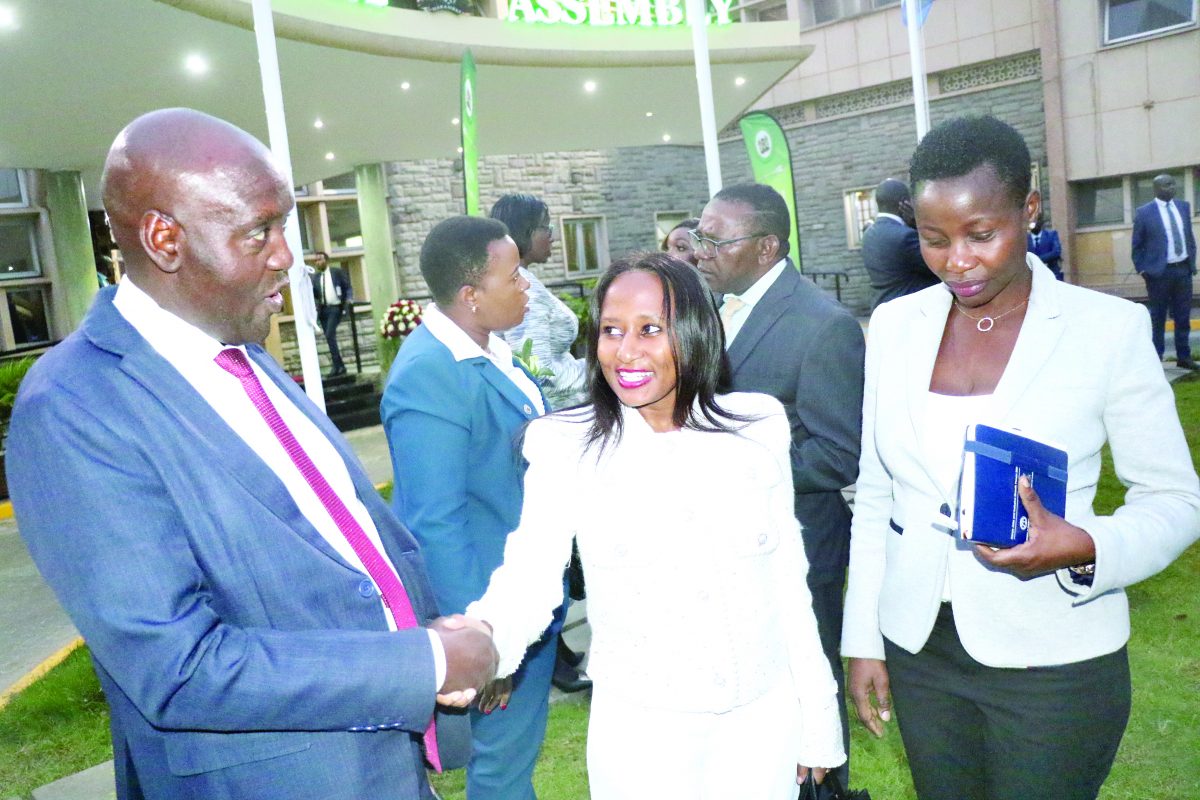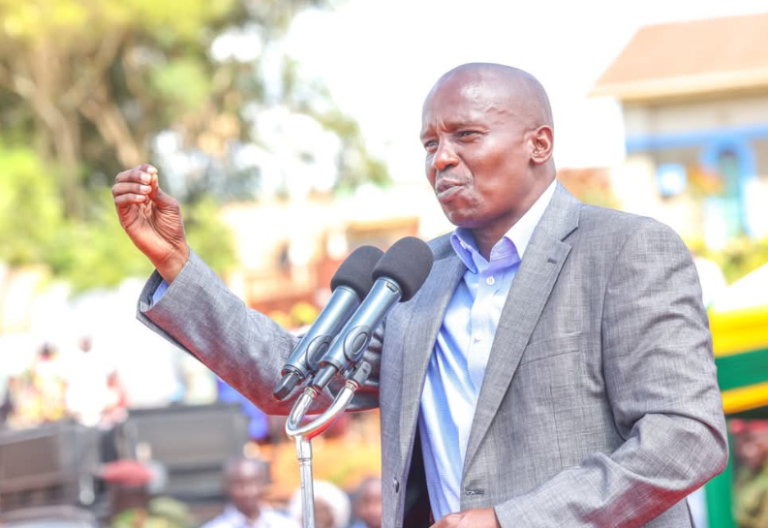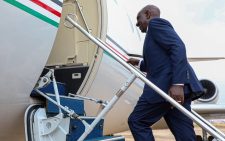Digital economy sector gets Sh15.1b allocation

The quest to automate all government services yesterday received an encouraging stimulus following an allocation of Sh15.1 billion, albeit a reduced allocation in the 2023/24 budgetary allocations, compared to Sh15.6 billion extended to the ICT ministry in the ending fiscal year.
In his maiden budget speech, Treasury CS Njuguna Ndung’u made the allocation announcing that at least over 3,000 government services have so far been digitised, with thousands more lined up for automation by December.
Ndung’u allocated Sh4.8 billion towards the Konza Technopolis project (KoTDA) – the Parastatal creating a smart city and what is expected to be a vibrant innovation ecosystem as the country edges closer to meeting its digital economy status.
An additional Sh1.2 billion will go towards the creation of Konza data centre which will be built in partnership with Chinese telecoms giant Huawei.
Expressed confidence
ICT Cabinet Secretary Eliud Owalo had in March expressed confidence that his Ministry will migrate 5,000 government services to the digital platform by the end of this fiscal year.
International bodies like the World Bank have since come on board and in April, the global lender approved $390 million to help in the financing of the first phase of a program that aims to expand access to high-speed internet, improve the quality and delivery of education and selected government services, and build skills for the regional digital economy.
The Kenya Digital Economy Acceleration Project will use a multi-phase programmatic approach (MPA) with two phases where phase one will run from 2023-28, focusing on expanding access to high-speed internet, improving the quality and delivery of education and selected government services, and building skills for the regional digital economy, and phase two will run from 2026-30, concentrating on building a data driven and secure environment for enhanced digital service delivery and innovation for the regional digital economy.
The project will also mobilise an estimated $100 million in private capital by crowding-in the private sector for broadband infrastructure development.
Outlining plans
Last year Kenya set out a new digital and data strategy, outlining plans to transform its digital services, upskill civil servants, and streamline online processes as it seeks to increase revenue collection and minimise the cost of collection, as well as enhance service delivery to mwananchi.
In December 2022, Treasury CS Ndun’gu gazetted the portal to be the official government digital payment platform. As a result, more transactions will be migrated to the online payment portal through a new universal pay bill number 222222.
Through its Digital economy blueprint titled, Powering Kenya’s Transformation, the government also expects the adoption of new technologies into the public-run entities and services, will give Kenya leg-up opportunities to leapfrog and join nations in the “First World and actively contribute to the global economy.”
Digital government services include any processes available by the government online. Such services can be anything from filling out forms to researching public records regarding the inner workings of a specific State agency or parastatal.
Ideally, the digital payments platform is integrated with all available electronic payment platforms in Kenya, including mobile money payment services.
A raft of government services has been bundled under the e-citizen, generating hundreds of thousands of transactions every month. The portal generates an invoice for the various services and the user proceeds to pay the amount using mobile money platforms through the government’s pay bill number.
Once payment is made, the system reflects the transaction and generates a printable receipt for the user or customer. Services provided under the portal include motor vehicle ownership, land searches, birth, and death registrations.









